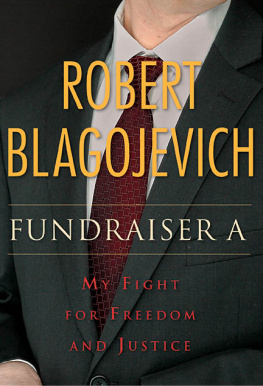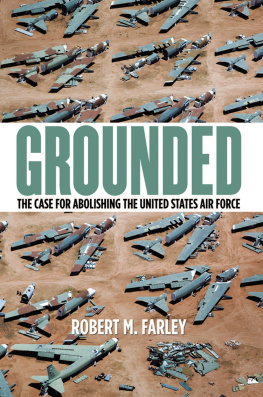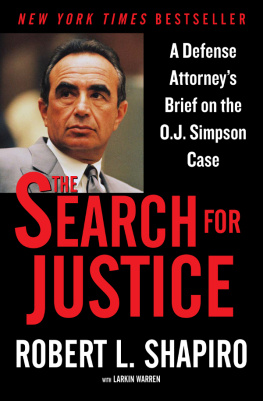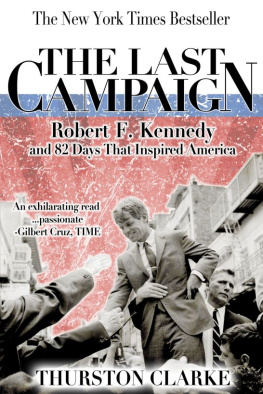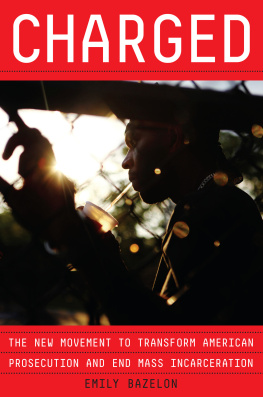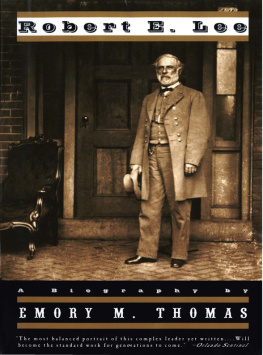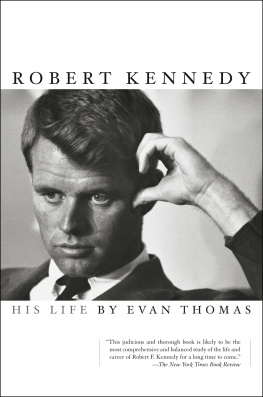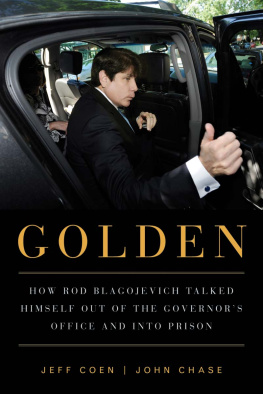FUNDRAISER A
MY FIGHT
FOR FREEDOM
AND JUSTICE
Robert Blagojevich
NIU PRESS / DeKalb, IL
NIU Press / DeKalb, IL
Northern Illinois University Press, DeKalb, Illinois 60115
2015 by Northern Illinois University Press
All rights reserved
Printed in the United States
24 23 22 21 20 19 18 17 16 15 1 2 3 4 5
978-0-87580-488-0 (cloth)
978-1-60909-174-3 (e-book)
Design by Shaun Allshouse
Cover by Yuni Dorr
Library of Congress Cataloging-in-Publication Data
is available online at http://catalog.loc.gov
Acknowledgments
I would like to thank the following people for their help and support:
Many thanks to Steve Fiffer, a Guggenheim Fellowship winner, for his editorial assistance and encouragement. You are the best at what you do!
Thank you Linda Manning and the Northern Illinois University Press for believing in my story and giving it a chance to be read.
Michael Ettinger, Cheryl Schroeder, and Robyn Molaro, my Guardian Angels thank you for standing with me during the toughest challenge of my life. I didnt have a chance against the full force of the United States government without your legal expertise, determination, fearlessness, and good humor.
Eric Thrailkill, Tom Thrailkill, and Andy Martin, you guys were unconditionally there for me when I needed you. Ill never forget what you did for me.
To my wife Julie and my son Alex for your unwavering belief in me. I love you both!
Foreword
The trial of Illinois Governor Rod Blagojevich and his brother Robert was national news. In Chicago, it was daily headline news. It was the latest in a series of trials of the century, especially for Illinoisans who were about to see the third of their last four governors go to jail for corruption. I watched the trial at relatively close range because, as a law professor, I was using the trial in my classes and, as a frequent media commentator, I had to distill what happened into manageable sound bites or brief commentary. When Robert told me he was writing this book I was thrilled, not only because of the enticing prospect of getting to know what really happened, but also because of the important social interest served by a close-up look at what many saw as a federal abuse of power in the criminal justice system. The governments prosecution of Robert was in all senses wrongful but, nonetheless, prosecutors tenaciously pursued charges long after it was obvious that Robert was innocent. The arrogance of that use of power is a central theme of this book.
In Fundraiser A , we now get the story in dramatic and sometimes riveting fashion from the defendant himself. As Robert told the media after the verdict, I have lived through the most surreal experience anyone could live through. This has been, from the beginning, a slow bleed both financially, emotionally, and otherwise. After reading Roberts complete story, I found him to be an astute if sometimes flabbergasted observer who still doesnt quite believe this happened to him and his family. The criminal justice system in this country is flawed, and the power given to prosecutors is excessive. Theres nothing new in those observations, but to really understand why this happened to Robert is simple: its the story of overreaching prosecutorial power and the adversarial system gone bad.
Chicago has certainly seen its share of circus-like trials, but this one promised to be the best, even without any dead bodies. Right from the day the US attorney announced the indictment, he promised a story of corruption that would make Lincoln roll over in his grave. We all waited for the smoking guns, the stories of drugs, sex, lies, and greed sure to come.
While the governor was talking on tape (forty-five days worth of tape), his main advisorsJohn Wyma, Chris Kelly, Bob Greenlee, John Harris, and Alonzo Monkwere talking directly to the government because they had legal problems of their own. Chiefs of staff, advisors, and deputy governorscolleagues who had worked closely with Rod for yearswere the witnesses the government intended to use to supplement the tapes. Some would be offered legal immunity in exchange for their testimony against Blagojevich, some would start talking right away to save their own skin, and one would be sent back to the Blagojevich campaign headquarters to spy.
Dropped into this maelstrom and soon to become an important part of this story was Robert Blagojevich, the conservative Republican businessman from Tennessee who, to many observers, always seemed to be an innocent in a den of predators. The governor had asked Robert to raise funds for four months before the 2010 off-year elections. Robert had no political experience, didnt really know anybody in Illinois, didnt have a very good relationship with his brother, and didnt like his brothers too liberal and fiscally irresponsible politics, but, nonetheless, said he would do it. Why? This is a question he continues to ask himself. Because Rod needed somebody he could trust? Because he hoped to repair a strained relationship? Because, as a businessman, he knew about money and could keep the accounts? In any event, he left behind his wife, home, and business in Tennessee to come to Chicago to do something he had never done beforefundraise for a politician.
Why Robert agreed to step into a campaign already known to be under investigation is another judgment for the reader to make. Conventional wisdom would mandate treating the governor at a very long arms length. But this was his brother. And for the next year Robert was at the heart of the biggest corruption case in many years. Now, with this book, we find out all the behind-the-scenes action. As he notes in his trial journal, As a citizen, I cant believe this is still happening to me, and no one in power caresunchecked unrestricted power.
Robert Blagojevich was surprisingly nave about the FBI, the federal prosecutors, and the criminal justice system. He thought he could just sit down with the FBI and clear this whole thing up and be back on his way. Didnt they know that it was just Rod talking and talking? It never crossed his mind that the feds might attempt to use him, to make him flip and testify against his brother. It never occurred to him that maybe he and the governor would plead guilty to something in a package deal. It never occurred to him that nobody in the government really cared that he was innocent. This case was too big for that. Luckily, Robert found the right criminal defense lawyer who told him, in no uncertain terms, that this trial is not about clearing anything up. Its a war, led by self-righteous, zealot extremists, and, Robert, youre in it.
This is what happens to almost everybody who enters the criminal justice system for the first timeguilty or innocent. The government speaks, and everything changes. The government uses its vast power and unlimited resources, and the defendant bleeds. Financial ruin is almost a certainty. Robert Blagojevich spent over three-quarters of a million dollars on his defense. As he said, while describing the loss of his business and his home, we were essentially in the process of dismantling thirty years of hard work. Hes lucky he had the money.
Most defendants cant make bond like Robert did. Most lose their jobs, possessions, and sometimes their families into the black abyss of seeking justice. Many eventually go to prisonAfrican Americans more than otherswhere they face so much more than tangible loss. The loss of dignity and freedom, the utter humiliation, the loss of self-respect. Robert was spared that disaster, but he tells us how it was constantly on his mind and how his brother never seemed to think about it.

